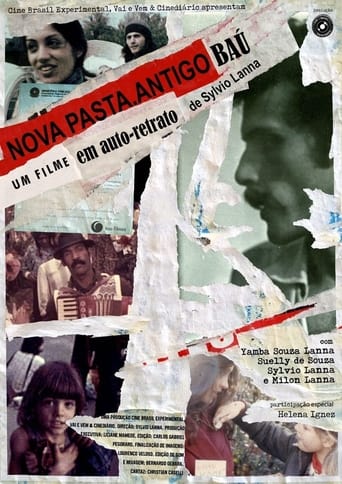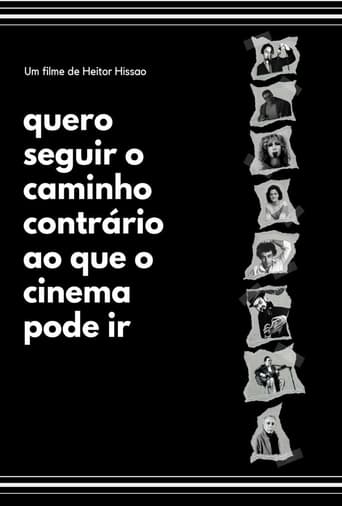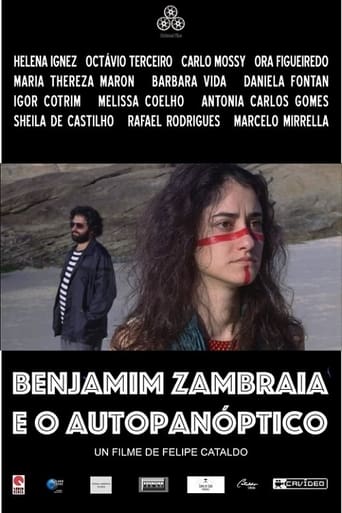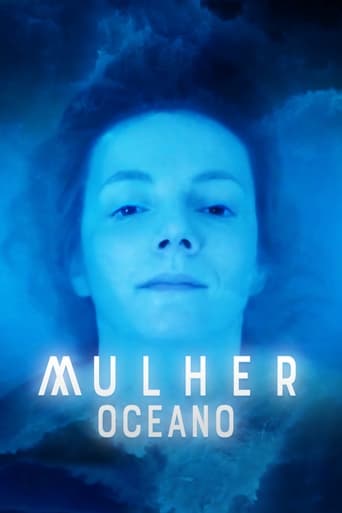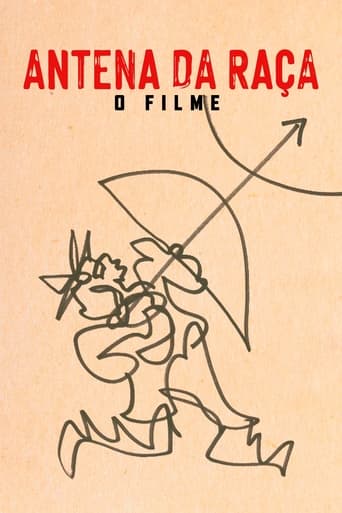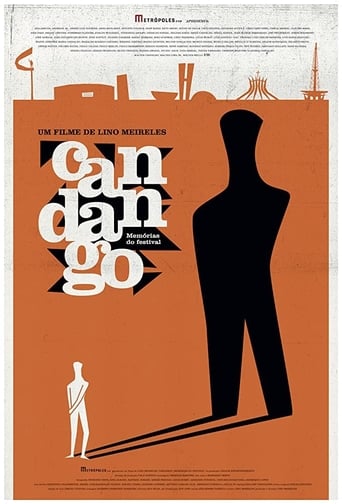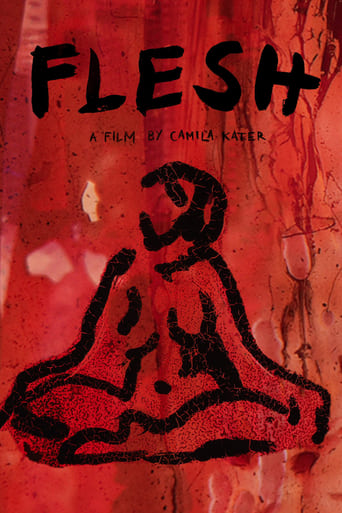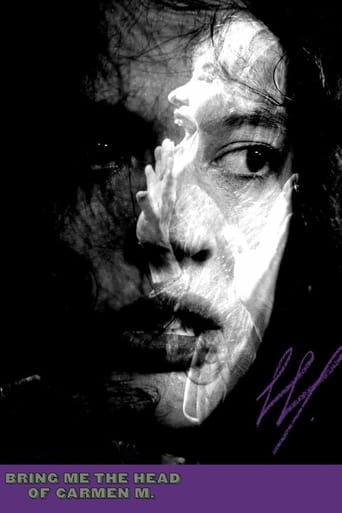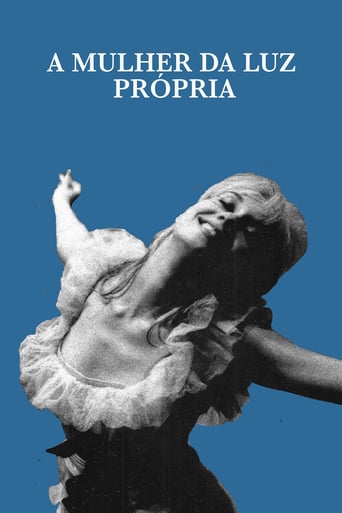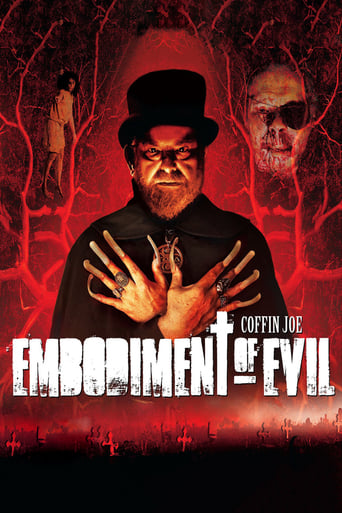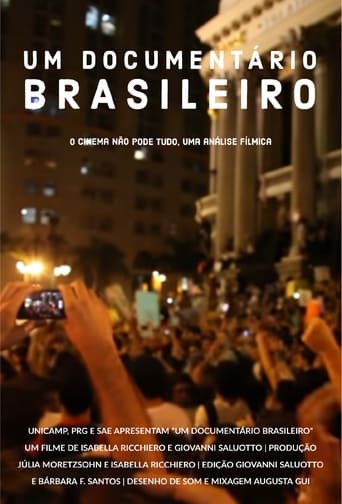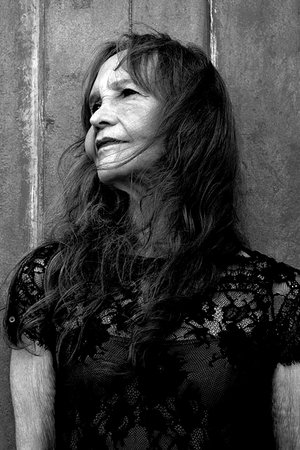
Helena Ignez
Birthday: 1942-05-23
Place of Birth: Salvador - Bahia - Brazil
Synopsis
Helena Ignez (born May 23, 1942) is a Brazilian actress and filmmaker.
Helena was born in Salvador, Bahia and was attending her second year of law school when she fell in love with theater and decided to study the Dramatic Arts at the Federal University of Bahia. At the time, the Bahian theater scene was breaking with traditional Brazilian theater and experiencing strong influence from the young vanguard. She first appeared on the screen in Glauber Rocha's short film "Pátio".
Helena acted in a few films associated with the Cinema Novo movement, such as "A Grande Feira" (1961), "Assalto ao Trem Pagador" (1962), and "O Padre e a Moça" (1966) before playing Janete Jane in O Bandido da Luz Vermelha by Rogério Sganzerla. After this film, she would perform in some most significant films in the Cinema Marginal movement, which directly opposed the critically acclaimed Cinema Novo -- the most remarkable being her role as Ângela Carne e "Osso in A Mulher de Todos" (1969).
She also was a financial partner of Rogério Sganzerla and fellow Cinema Marginal filmmaker Júlio Bressane in the short-lived, although prolific, Belair production company. Between 1968 and 1970, Sganzerla and Ignez made almost a dozen films together and were also married and had two children -- one of which would become actress Djin Sganzerla.
As a filmmaker, Ignez has directed 7 films, the most notable being "Luz das Trevas" (2010), a sequel to Sganzerla's debut feature "O Bandido da Luz Vermelha" (1968).
Acting
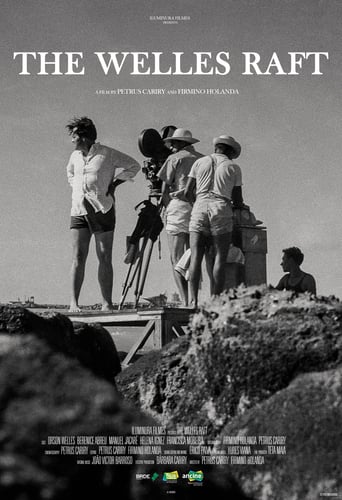
The Welles Raft
as Herself
The raft man Manuel Jacaré was swallowed by the sea when Orson Welles was filming It's All True in 1942. The fact evokes memories of the dictatorship of the Estado Novo, of World War II, of Ceará fishermen's struggle for labor rights and housing in their traditional space - target of real estate speculation.
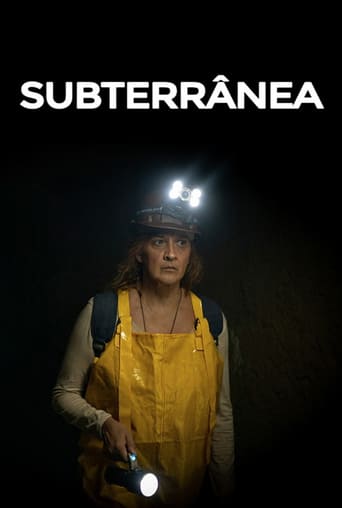
Subterrânea
as Senhora Ônibus
An experimental trip about Brazil after H.O.
![]()
Benjamim Zambraia e o Autopanóptico
as Mother
Benjamim Zambraia is a young drunk who wanders around the city and is sometimes treated with pampering and sometimes with a beating by his parents (Helena Ignez and Otávio Terceiro). As in Chico's book, the boy is obsessed with a big stone.
![]()
Mulher Oceano
as Mulher Caminhando de Costas (uncredited)
After relocating to Tokyo, a Brazilian writer begins a new novel, provoked by her experiences in Japan and by one of the last scenes she witnessed in Rio de Janeiro: a female swimmer tearing up the horizon with powerful strokes in the wide, open sea. Those two women apparently share no connection, until their lives start to interfere in one another, strangely linked through the sea. Hannah, the writer, plunges into a journey of self-discovery in Japan, while Ana, the swimmer in Rio de Janeiro, oddly has her body transformed into some kind of inner Ocean.
![]()
Race Antenna
as Self
In 1979, while Brazil was going through the troubled moment of the Amnesty Law, Glauber Rocha directed the program Abertura for TV Tupi, in which he interrogated a contradictory and boiling Brazil head-on, full of utopias but always under the weight of secular wounds.
![]()
Candango: Memoirs from a Festival
as Self
In 1965, a year after the military coup in Brazil, an oasis of freedom opened in the country's capital. The Brasília Film Festival: a landmark of cultural and political resistance. Its story is that of Brazilian cinema itself.
![]()
Flesh
as (voice)
Rare, medium rare, medium, medium well and well done. Through intimate and personal stories, five women share their experiences in relation to the body, from childhood to old age.
![]()
Bring me the Head of Carmen M.
as Diretora
Ana, a Portuguese actress, dives into Brazil's current atmosphere of identity and political crisis while trying to portray in a feature film the colourful life of famous singer and actress Carmen Miranda, who helped define Brazil's identity.
![]()
A Mulher da Luz Própria
as Herself
Helena Ignez is one of the main female figures of Brazilian cinema. She developed a new style of acting. Nowadays, she directs independent films. The documentary tells some of the History of Brazilian cinema, its political context and Helena's trajectory.
![]()
Embodiment of Evil
as Cabíria
Released from the Mental Health Wing of São Paulo State Penitentiary after forty years, the sadistic undertaker Zé do Caixão is back on the streets, haunted by ghostly visions and spirits of past victims but still set upon the goal that sent him to prison in the first place: finding a woman who can give him the perfect child.


